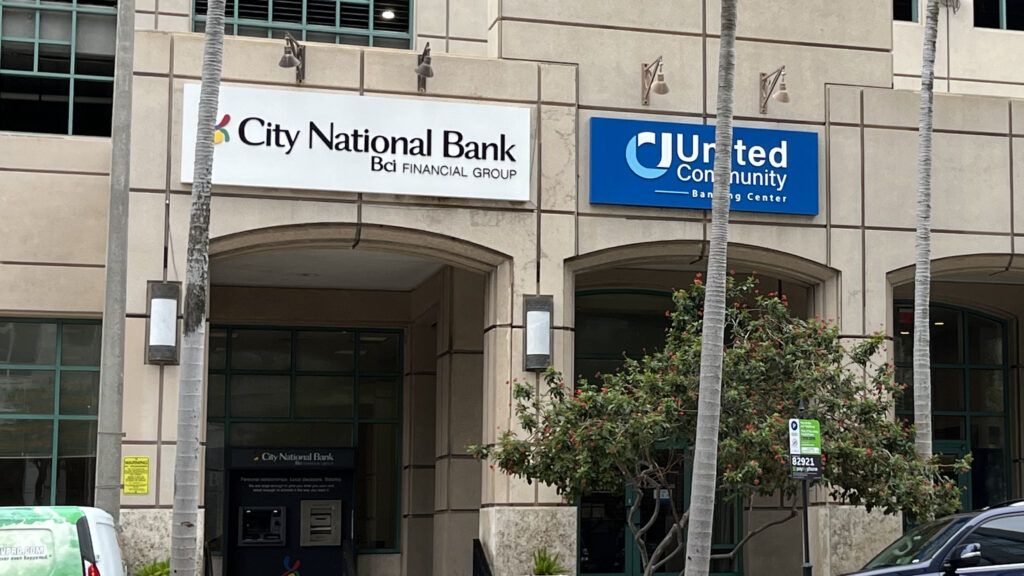Mitigating Risks in Cash-Based Cannabis Enterprises

The cannabis industry, particularly in states where marijuana is legal, has grown significantly over the past decade. Despite its legal status in many jurisdictions, federal laws continue to classify cannabis as a Schedule I substance, creating barriers for businesses seeking access to traditional banking services. This legal gray area forces many cannabis businesses to operate as cash-only enterprises, exposing them to a range of security risks, operational challenges, and compliance issues that can jeopardize their sustainability and growth.
One of the primary risks of operating as a cash-only business is the increased likelihood of theft and robbery. Large amounts of cash stored on-site or in transit make these businesses prime targets for criminals. Employees tasked with handling significant sums of cash may also face safety risks, as they become potential targets. Beyond physical security, the heavy reliance on cash also introduces vulnerabilities in internal controls, increasing the potential for employee theft or mismanagement. To mitigate these risks, cannabis businesses should invest in robust security measures, such as high-quality surveillance systems, secure safes, cash counters, and armored transport services. Establishing strict protocols for cash handling and limiting access to cash storage areas can further enhance security.
Operational challenges are another significant concern for cash-only businesses. Handling and managing large volumes of cash can be time-consuming and error-prone, leading to inefficiencies in daily operations. Additionally, cash-based operations can complicate accounting, tax compliance, and financial reporting. To address these challenges, businesses should adopt advanced point-of-sale (POS) systems designed for cash-heavy environments, which can integrate with inventory and accounting software to streamline operations. Employing skilled financial professionals with experience in cash-intensive industries can also help ensure accurate record-keeping and compliance with tax laws.
Compliance issues present yet another hurdle. Cash-only operations often draw scrutiny from regulatory authorities, as the lack of electronic transaction records can create opportunities for tax evasion or money laundering. This heightened scrutiny can result in frequent audits and increased compliance costs. To mitigate these risks, businesses should maintain meticulous records of all cash transactions, including sales, payroll, and expenses. Regular third-party audits and compliance checks can demonstrate transparency and reduce the risk of regulatory penalties.
While the federal prohibition on cannabis creates significant challenges for cash-only operations, proactive strategies can help mitigate the associated risks. By prioritizing security, streamlining operations, and maintaining strict compliance standards, cannabis businesses can navigate the unique hurdles of operating in a cash-dominated environment. However, broader industry solutions, such as cannabis banking reform at the federal level, are essential for creating a more stable and equitable marketplace for these businesses. Until then, adopting best practices in security, operations, and compliance remains critical for their success.
